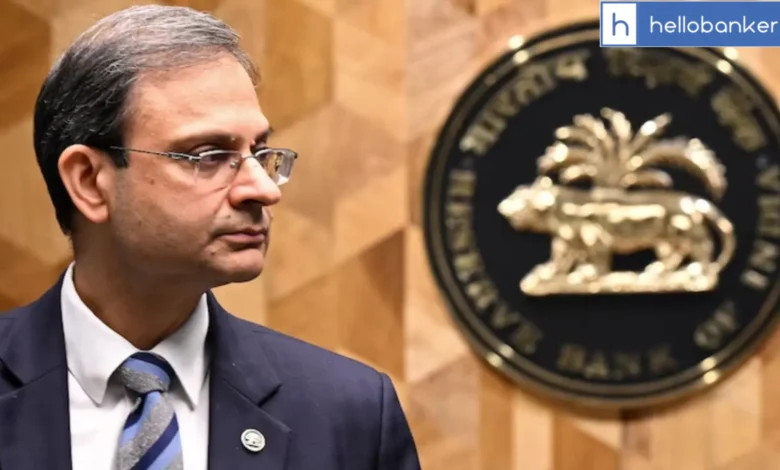RBI Reviewing Bank Ownership and Licensing Rules, Says Governor Sanjay Malhotra

The Reserve Bank of India (RBI) is currently planning to review the rules of management of Banks. RBI Governor Sanjay Malhotra confirmed this during a press conference following the latest monetary policy announcement.
Why Is the RBI Reviewing Bank Ownership Rules?
Governor Malhotra explained that since the Indian economy is growing rapidly, there is a rising demand for more banks. To ensure the safety of public deposits, it’s important that the people who own and manage banks are trustworthy and capable.
He said, “An ordinary person puts their hard-earned money in banks. So, it’s crucial that the owner and manager of the bank are responsible and qualified. We’re reviewing who should be eligible to run banks and under what conditions. If any change is needed, we’ll make it after discussions.”
This is really important due to recent turmoils in some banks such as IndusInd Bank, YES Bank and news of selling of IDBI Bank and YES Bank to a foreign entity.
If we talk about foreign investment in Bank, there has been some speculation about whether the RBI may relax its foreign investment rules in banks. As of now:
- Foreign investors (including portfolio investors) can hold up to 74% in Indian banks.
- However, strategic foreign investors are currently limited to owning a maximum of 15%.
- Any ownership above 5% requires prior approval from the RBI.
- Also, there’s a cap of 26% on voting rights for major shareholders, including promoters and strategic investors.
Malhotra clarified that while non-residents are generally allowed to hold up to 15%, in special cases, the RBI has allowed higher ownership. He said, “There is no immediate change in these rules.”
For instance, Canadian firm Fairfax was allowed to acquire 51% stake in Catholic Syrian Bank.
Recent Foreign Interest in Indian Banks
Recently, Sumitomo Mitsui Banking Corporation (SMBC) from Japan has shown interest in buying 20% stake in Yes Bank. This stake is currently held by SBI and seven private banks who invested in Yes Bank during its 2020 crisis.
Also, Emirates NBD Bank from Dubai, which received approval to start a wholly owned subsidiary in India, is looking to acquire a majority stake in IDBI Bank. The Indian government and LIC are together offering over 60% stake in IDBI Bank as part of its disinvestment drive. The RBI is evaluating if the potential investors meet the “fit and proper” criteria.
Small Finance Banks Want to Become Universal Banks
Several small finance banks like AU Small Finance Bank and Ujjivan Small Finance Bank have applied to the RBI to convert into full-service or universal banks.
When asked about these applications, Malhotra said that there’s no fixed timeline, but the RBI is actively working on them. One application has already been rejected.
RBI is planning to create some strict measures to monitor management of new Banks so that cases of Bank failures don’t arise in future.
The RBI has rejected the application of Annapurna Finance, a Bhubaneswar-based NBFC-MFI, to become a universal bank. Annapurna had applied in January 2023.
In its statement, the RBI said, “After examining the application under the current rules, we found the applicant not suitable to be granted an in-principle approval for setting up a universal bank.”
The Government of India is also planning to increase limit of DICGC insurance limit from Rs.5 Lakhs to Rs.10 lacs. This means that a bank customer will get upto Rs.10 lacs in case of failure of Banks.
